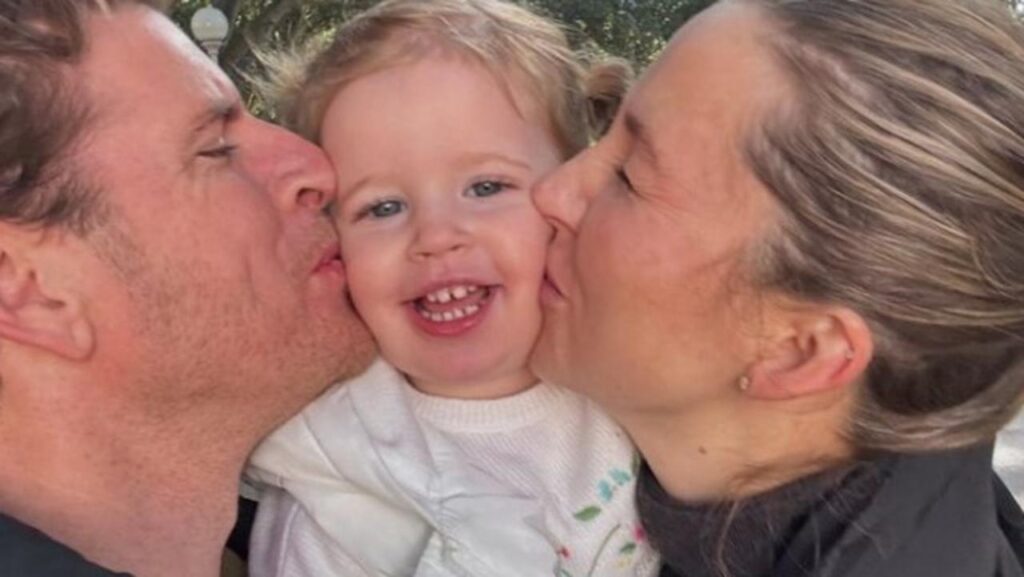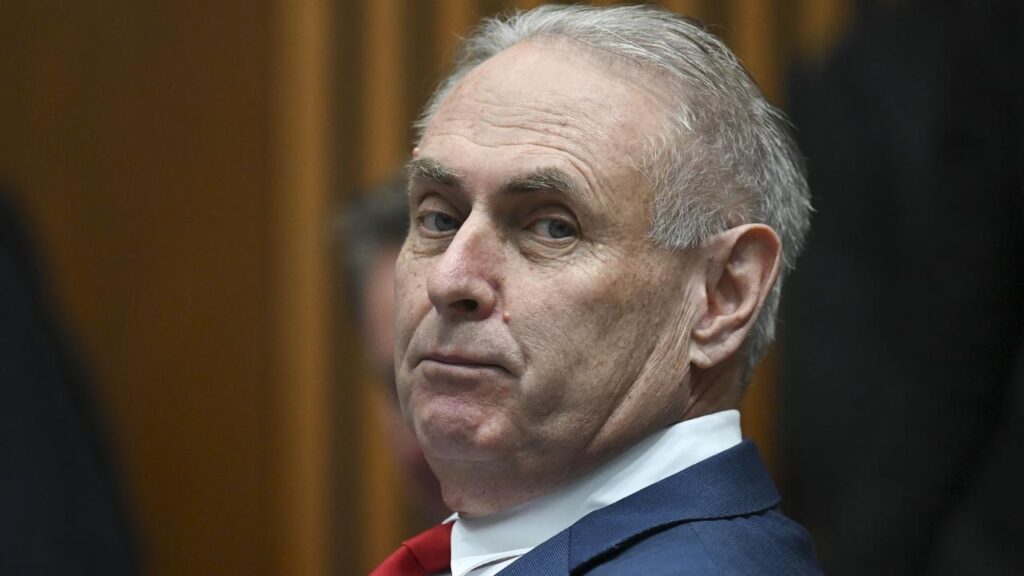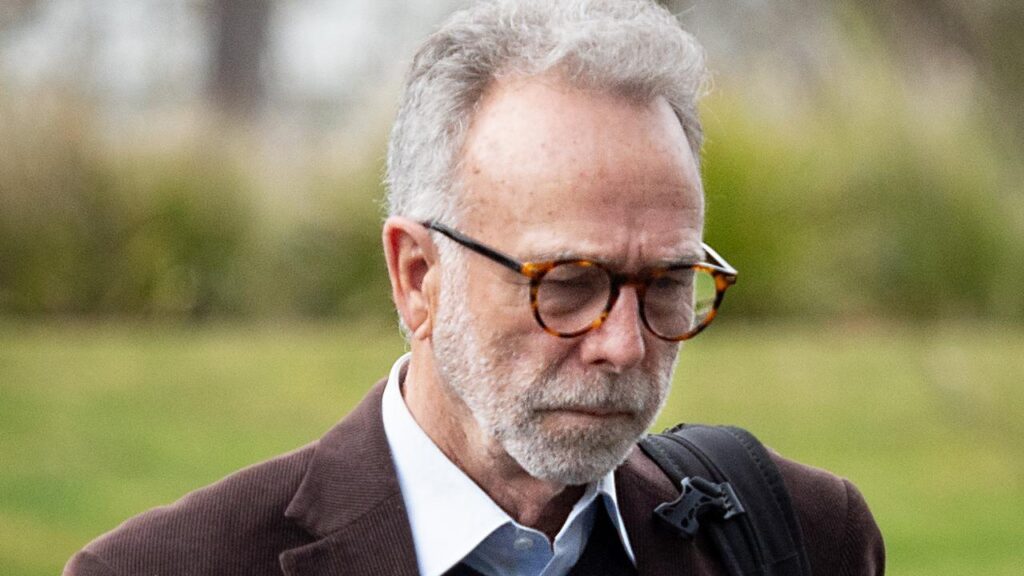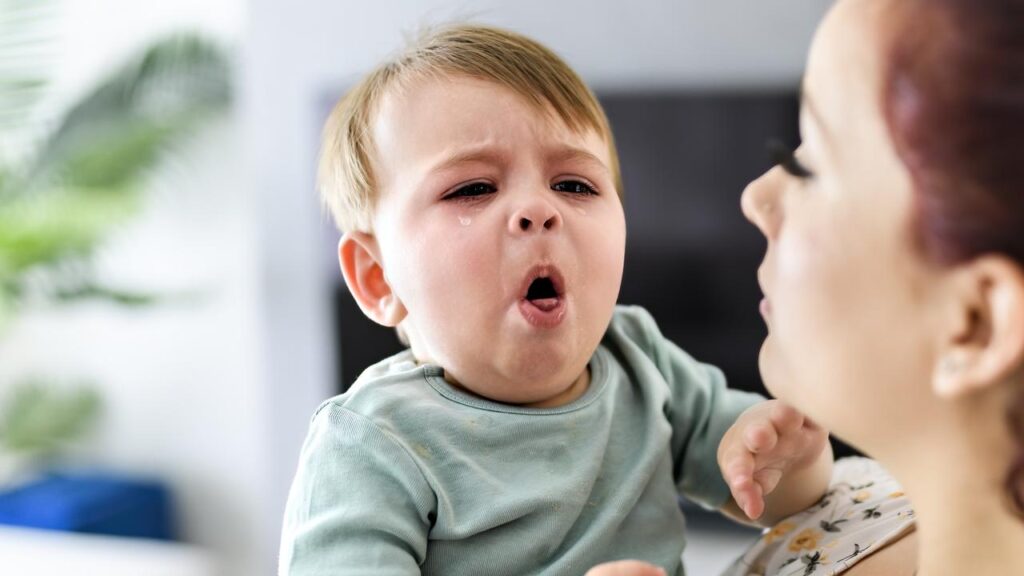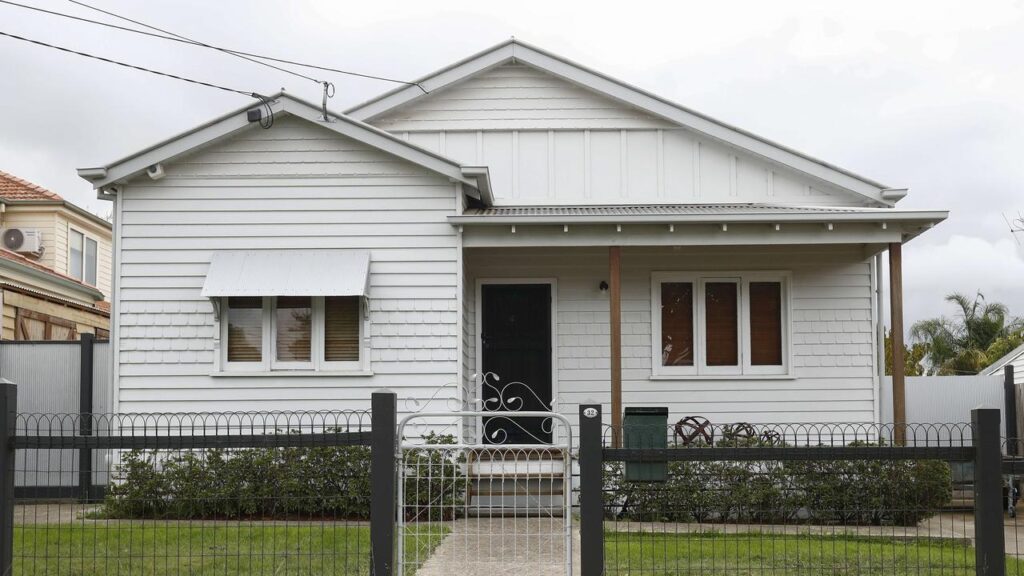Australian social media age ban: How it will work
Written by admin on September 10, 2024
Bowing to community pressure, Prime Minister Anthony Albanese has announced his government will this year introduce age limit legislation for social media sites like Facebook, Instagram, Tik Tok and Snapchat.
Opposition leader Peter Dutton has already committed to implementing an age limit of 16 within his first 100 days of power, and many states have indicated their willingness to introduce similar legislation.
Why is an age limit needed?
Studies have shown that social media usage can lead to poor mental health in teens, particularly eating disorders and body image problems.
News Corp’s “Let Them Be Kids” campaign, which called for a minimum social media age of 16, revealed massive increases in rates of anxiety, depression and eating disorders among Australian kids.
Dr Simon Wilksch, a Senior Research Fellow in Psychology at Flinders University, said his work with young people aged 11-13 has shown a link between eating disorders, and the amount of time they spend on social media.
“At our clinic, I hear countless reports of harmful impacts of social media in starting or exacerbating concerns about appearance, food, and exercise, as well as the exhausting challenges that parents are up against in managing their child’s social media use,” he has said.
How will the government make a decision?
The government is expected to consult with the states and experts before making a final decision. Speaking on radio on Tuesday, Mr Albanese said he was keen to avoid a situation where the country has “eight different systems”.
He also said that the right age was somewhere between 14 and 16, but he erred on the side of making it 16.
The government will also take into account the results of a $6.5 million age assurance trial for social media sites.
Mr Albanese said Labor would have preferred its ongoing age assurance trial to have been completed before announcing an age limit plan, but with states moving forward with different plans he wanted to “make it clear” where the federal government was at.
South Australia has released draft legislation proposing a limit of 14 years old, while other states have confirmed they will work toward some kind of restriction.
Mr Albanese said governments around the world were “grappling” with the challenge of protecting children from social media harms.
“But if you don’t try, you won’t succeed, and we want to make sure that we get it right,” he said.
Do other countries have similar rules?
Jurisdictions around the world are responding to the unintended harms of social media. The European Union, the US, South Korea, India and Brazil all have age-limit rules in place, or are planning to introduce similar rules.
Could there be problems?
More Coverage
Covert usage: Some experts believe an age limit ban could prompt some teenagers to access social media in secret, and not speak to their parents if they find troubling content online. But others say that this is not a reason to not do anything. South Australian Premier Peter Malinauskas likened the age ban to restrictions on young people buying cigarettes or alcohol. “When a product or service hurts children, governments must act,” he said.
Throwing out the good with the bad: Most experts point out that while social media can be extremely harmful, it can also be a force for good. “(Social media) supports (young people’s) civic engagement, helps them to make and maintain friends, to pursue interests, connect with far flung family and more,” said Associate Professor Tanya Notley from Western Sydney University.
One option the government might choose in light of this is to ban social media outright for kids under 14, but make it subject to parental consent for those aged 14 and 15.
Originally published as Everything you need to know about the social media age ban in Australia
Read related topics:Anthony Albanese

